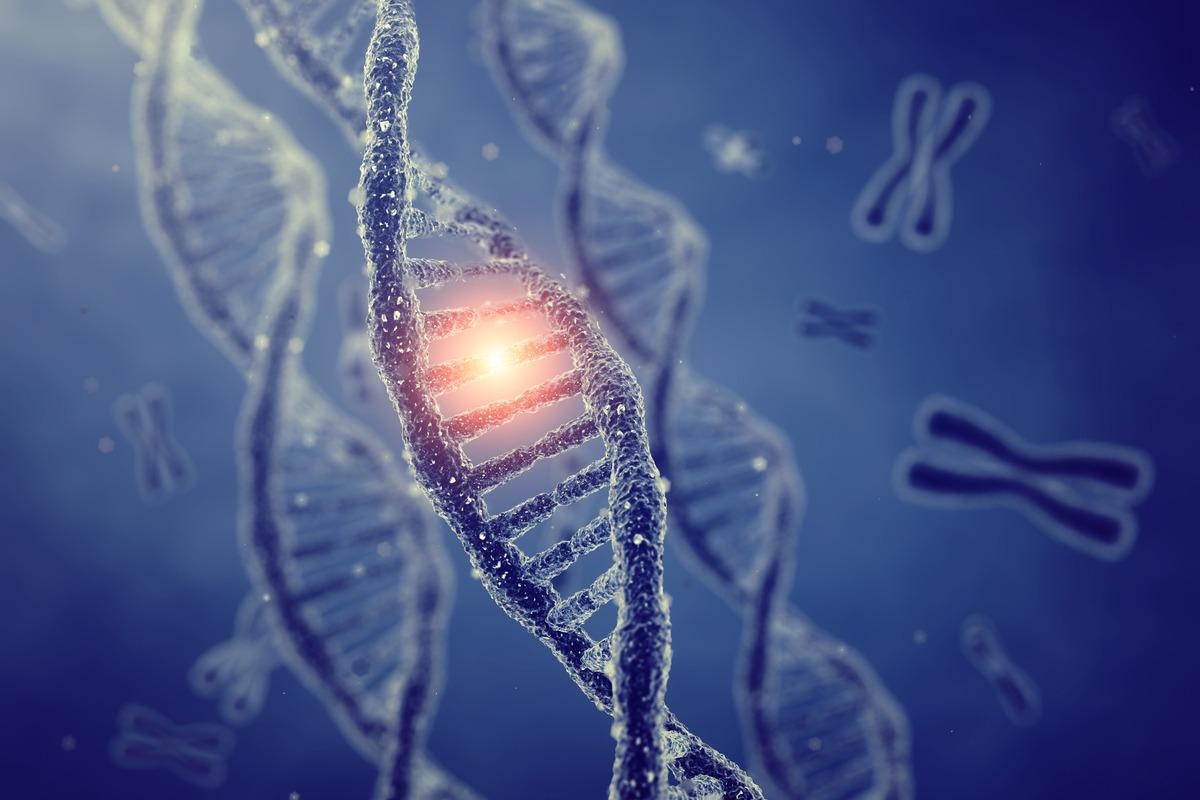The researchers also found that an experimental drug previously developed in Prof. Gozes’ lab is effective in lab models for these mutations and may be suitable for treating a range of rare syndromes that impair brain functions.
According to the researchers, the encouraging results may lead to effective treatments for a range of rare syndromes that impair brain functions and cause autism, schizophrenia, and neurodegenerative diseases like Alzheimer’s.
Participants in the study: Dr Yanina Ivashko-Pachima, Maram Ganaiem, Inbar Ben-Horin-Hazak, Alexandra Lobyntseva, Naomi Bellaiche, Inbar Fischer, Gilad Levy, Dr Shlomo Sragovich, Dr Gidon Karmon, and Dr Eliezer Giladi from the Sackler Faculty of Medicine and Sagol School of Neuroscience at TAU, Dr Boaz Barak from the School of Psychological Sciences, Gershon H. Gordon Faculty of Social Sciences and the Sagol School of Neuroscience at TAU, and Dr Shula Shazman from the Department of Mathematics and Computer Science at the Open University.

Image Credit: nobeastsofierce/Shutterstock
The paper was reported in the scientific journal Molecular Psychiatry.
Some cases of autism are caused by mutations in various genes. Today we know of more than 100 genetic syndromes associated with autism, 10 of which are considered relatively common (though still extremely rare). In our lab we focus mainly on one of these, the ADNP syndrome, caused by mutations in the ADNP gene, which disrupt the function of the ADNP protein, leading to structural defects in the skeleton of neurons in the brain.”
Illana Gozes, Professor, Human Molecular Genetics and Biochemistry, Sackler Faculty of Medicine, Tel Aviv University
“In the current study, we identified a specific mechanism that causes this damage in mutations in two different genes: ADNP and SHANK3 - a gene associated with autism and schizophrenia. According to estimates, these two mutations are responsible for thousands of cases of autism around the world,” Gozes added.
To begin, the scientists acquired cells from ADNP syndrome patients. They revealed that neurons with faulty skeletons (microtubules) develop when the ADNP protein is deficient, affecting brain functioning. However, they discovered that ADNP mutations come in several forms, some of which cause minimal damage.
We discovered that in some mutations, a section added to the protein protects it and reduces the damage by connecting to a control site of the neuron’s skeletal system. We know that this same control site is found on SHANK3—a much-studied protein, with mutations that are associated with autism and schizophrenia. We concluded that the ability to bond with SHANK3 and other similar proteins provides some protection against the mutation’s damaging effects.”
Illana Gozes, Professor, Human Molecular Genetics and Biochemistry, Sackler Faculty of Medicine, Tel Aviv University
Prof. Gozes was also the Director of the Adams Super Center for Brain Studies at TAU.
The scientists determined additional locations on the ADNP protein that can connect with SHANK3 and comparable proteins in the next step of the investigation. One of these places is on NAP, a part of ADNP that Prof. Gozes’ lab converted into an experimental medication (Davunetide).
Furthermore, the scientists found that giving Davunetide to model animals with autism driven by SHANK3 enhanced their behavior dramatically.
In previous studies, we showed that Davunetide is effective for treating ADNP syndrome models. The new study has led us to believe that it may also be effective in the case of Phelan McDermid syndrome, caused by a mutation in SHANK3, as well as other syndromes that cause autism through the same mechanism.”
Illana Gozes, Professor, Human Molecular Genetics and Biochemistry, Sackler Faculty of Medicine, Tel Aviv University
The FDA designated the investigational medicine Davunetide as an orphan and rare pediatric drug for the future care of the developmental syndrome ADNP, and it is covered by patents held by Ramot, Tel Aviv University’s technology transfer firm, and solely licensed to ATED Therapeutics Ltd.
Source:
Journal reference:
Ivashko-Pachima, Y., et al. (2022). SH3- and actin-binding domains connect ADNP and SHANK3, revealing a fundamental shared mechanism underlying autism. Molecular Psychology Brain Behavior and Society. doi.org/10.1038/s41380-022-01603-w.